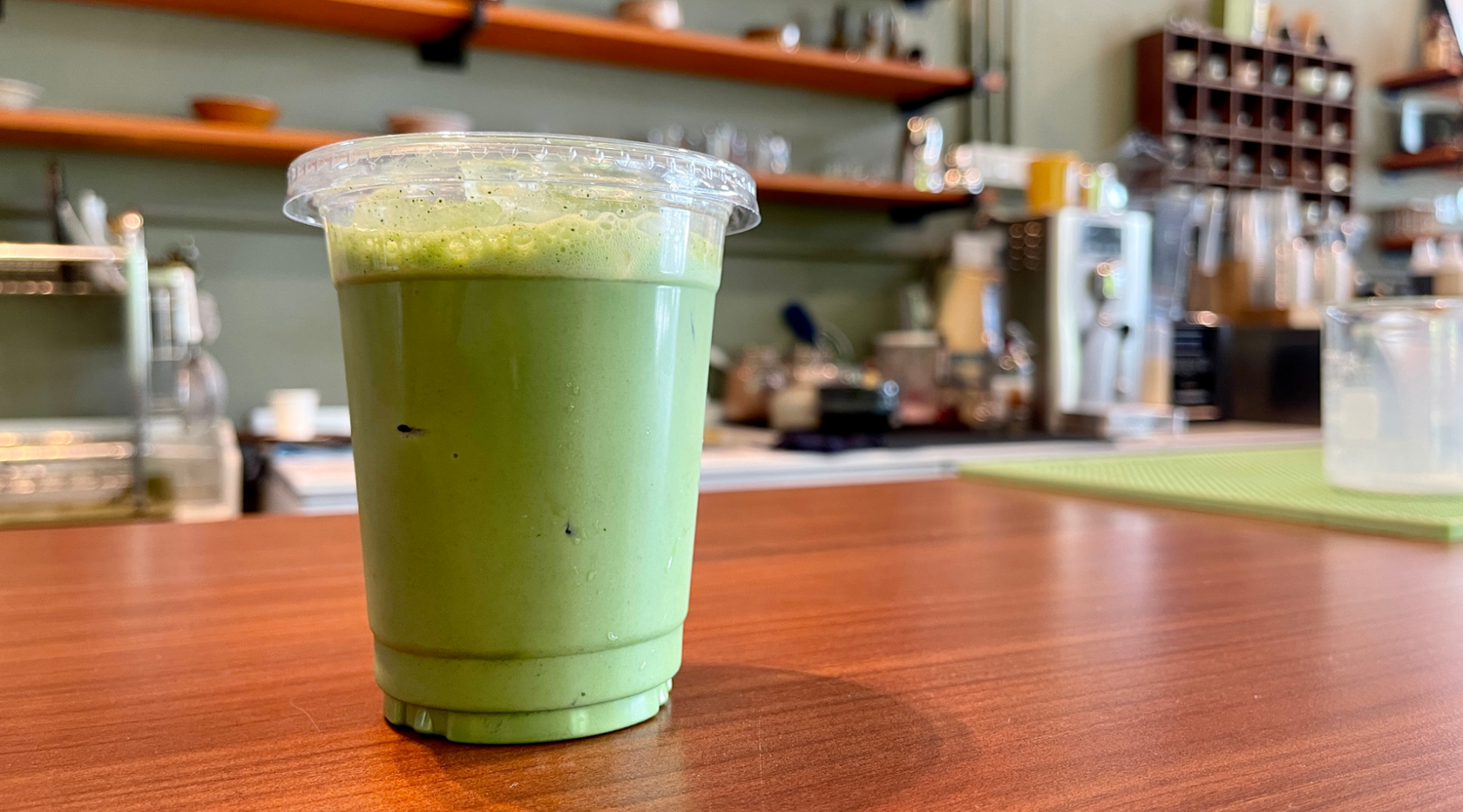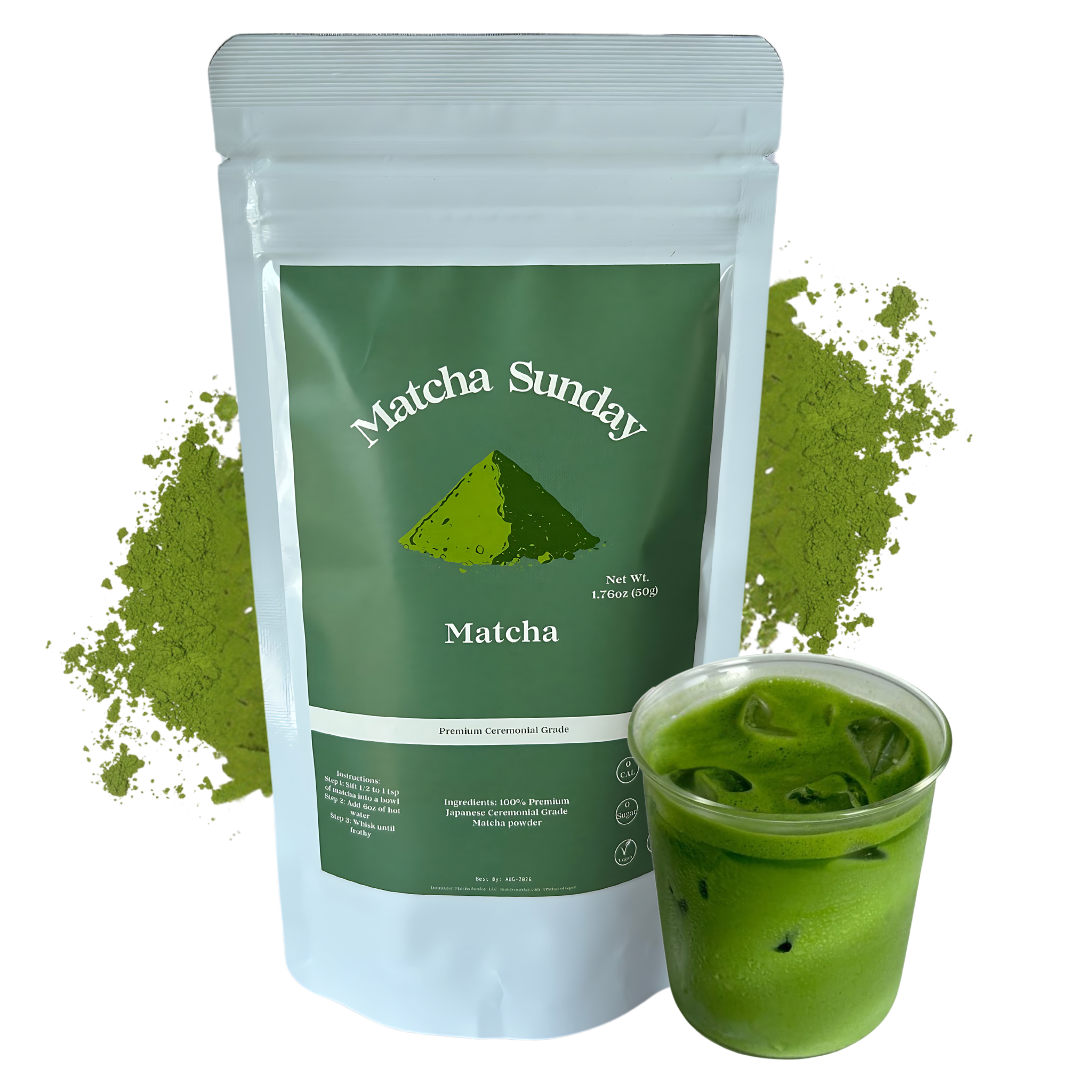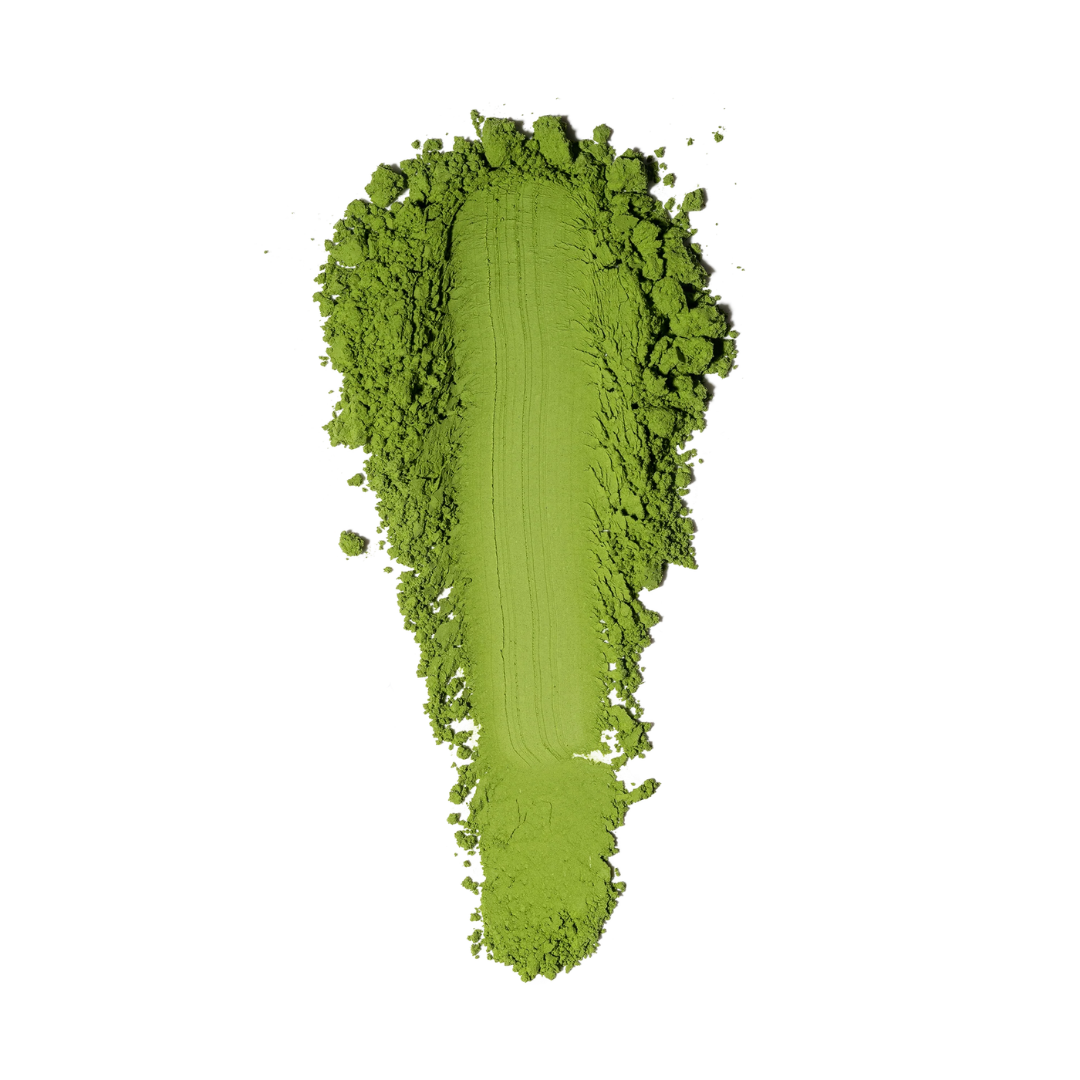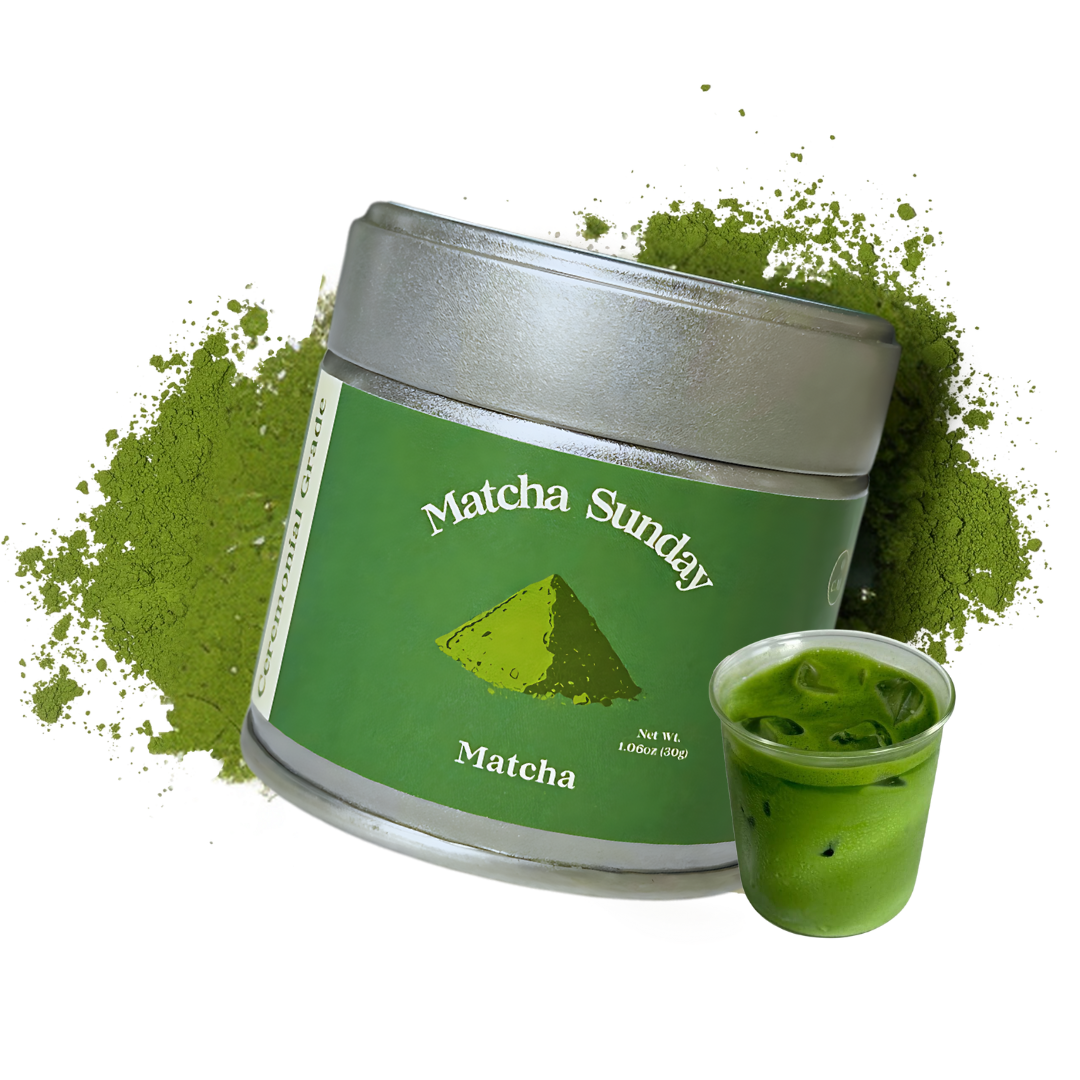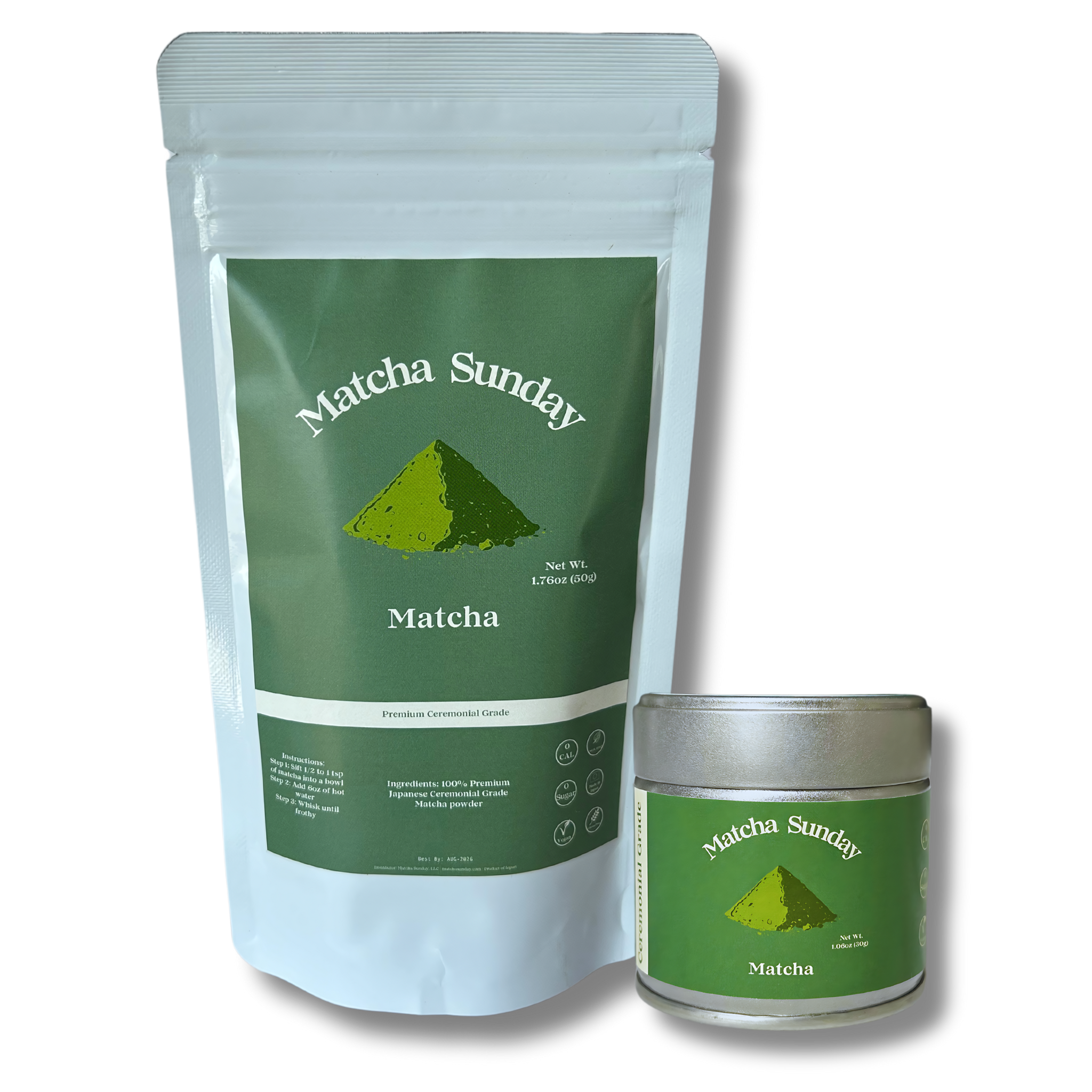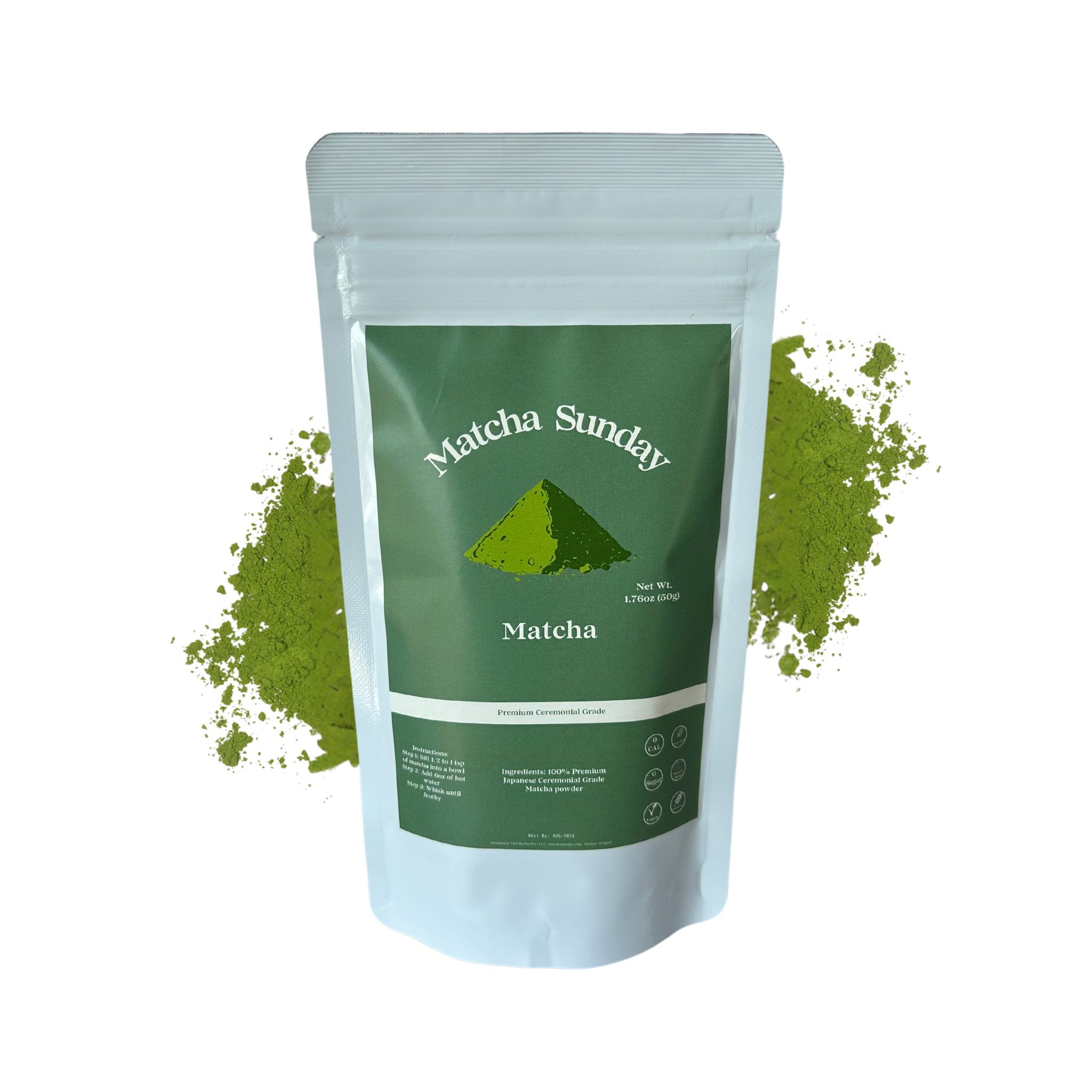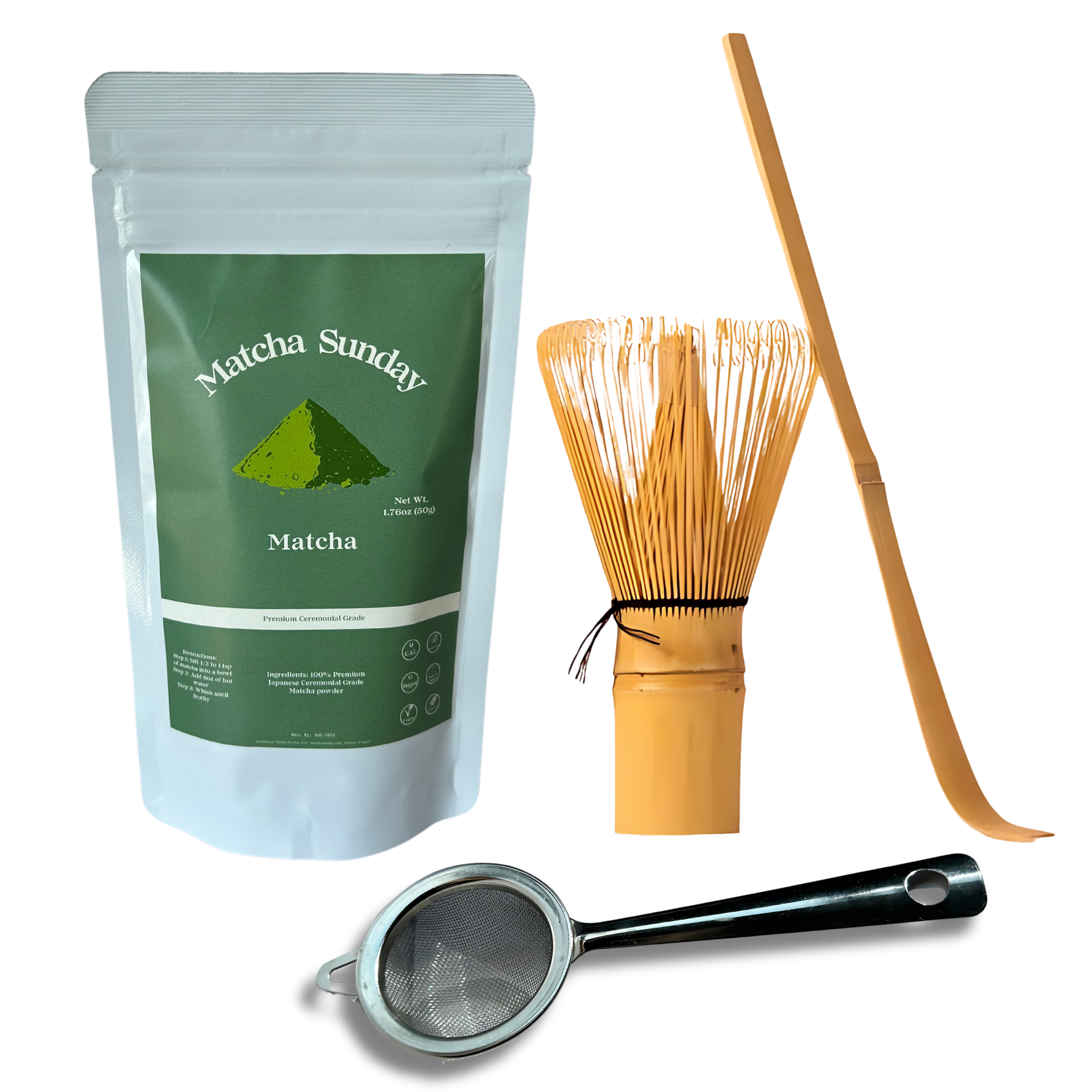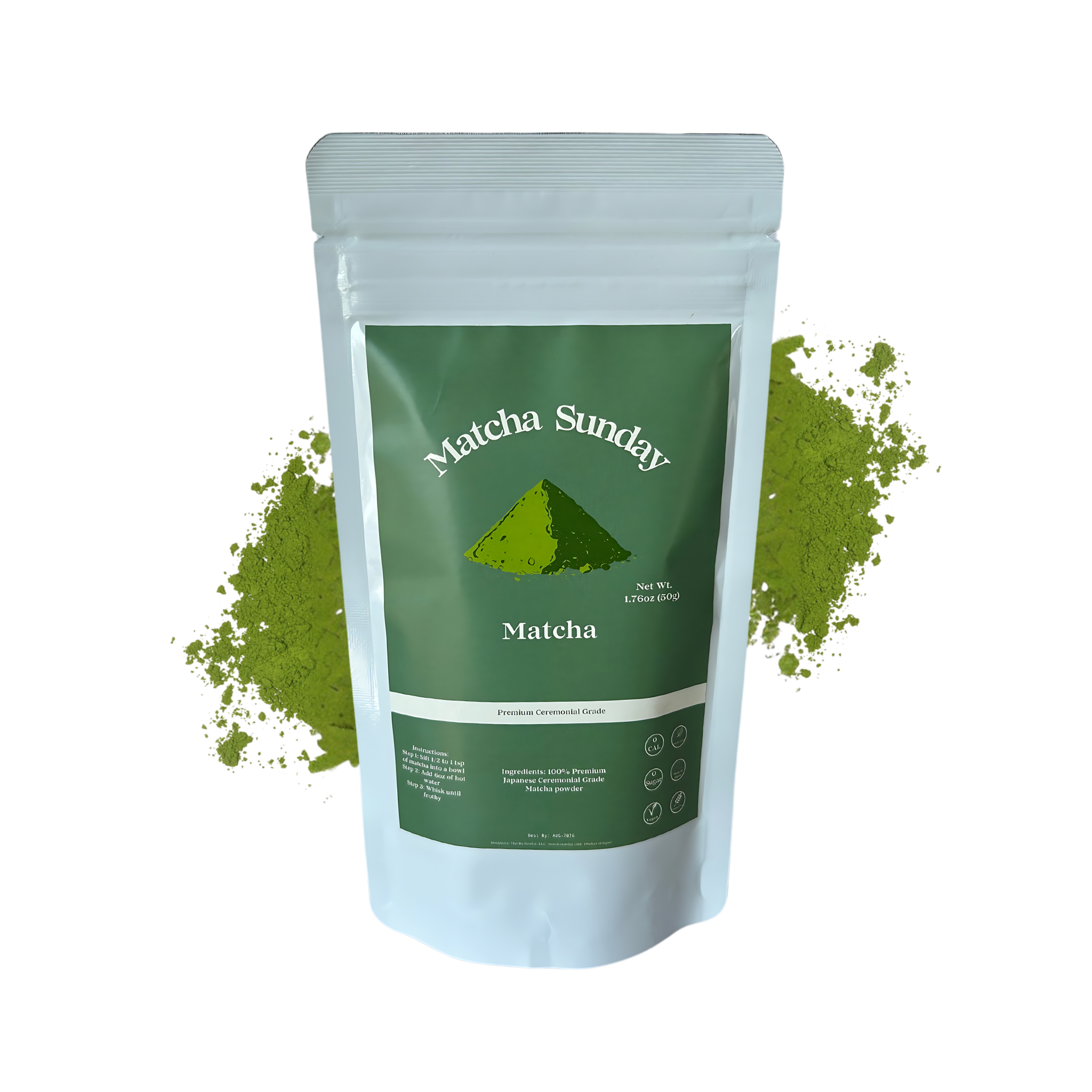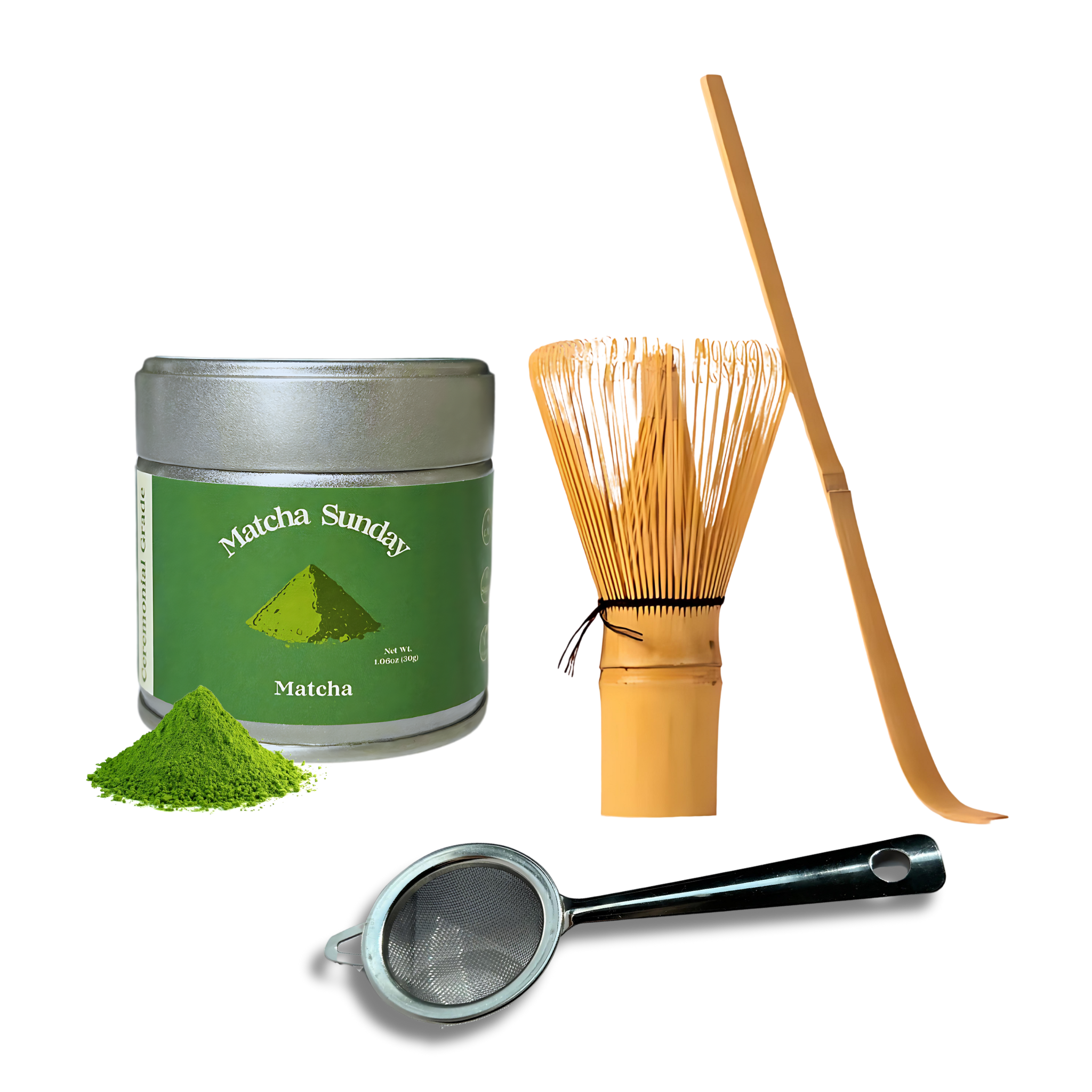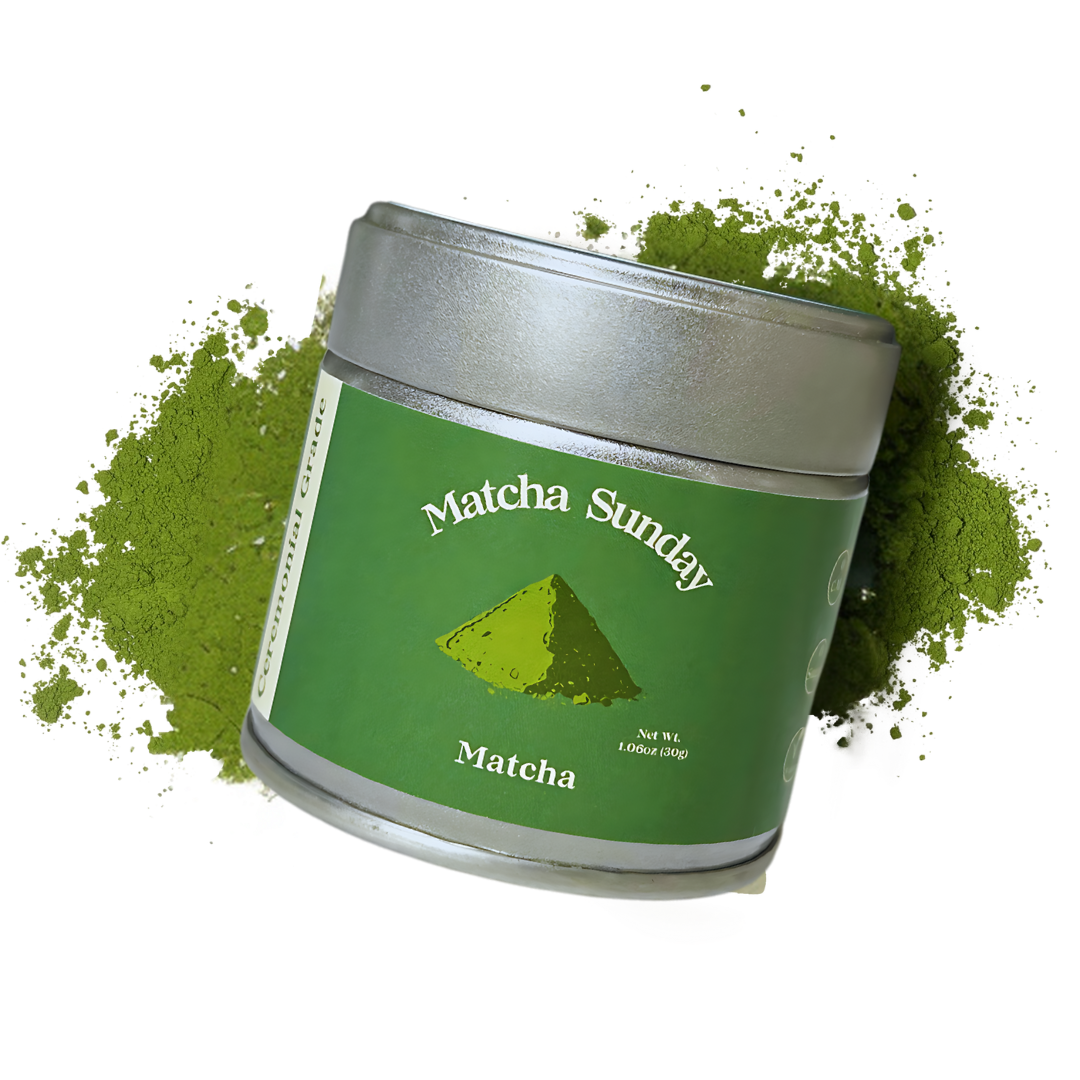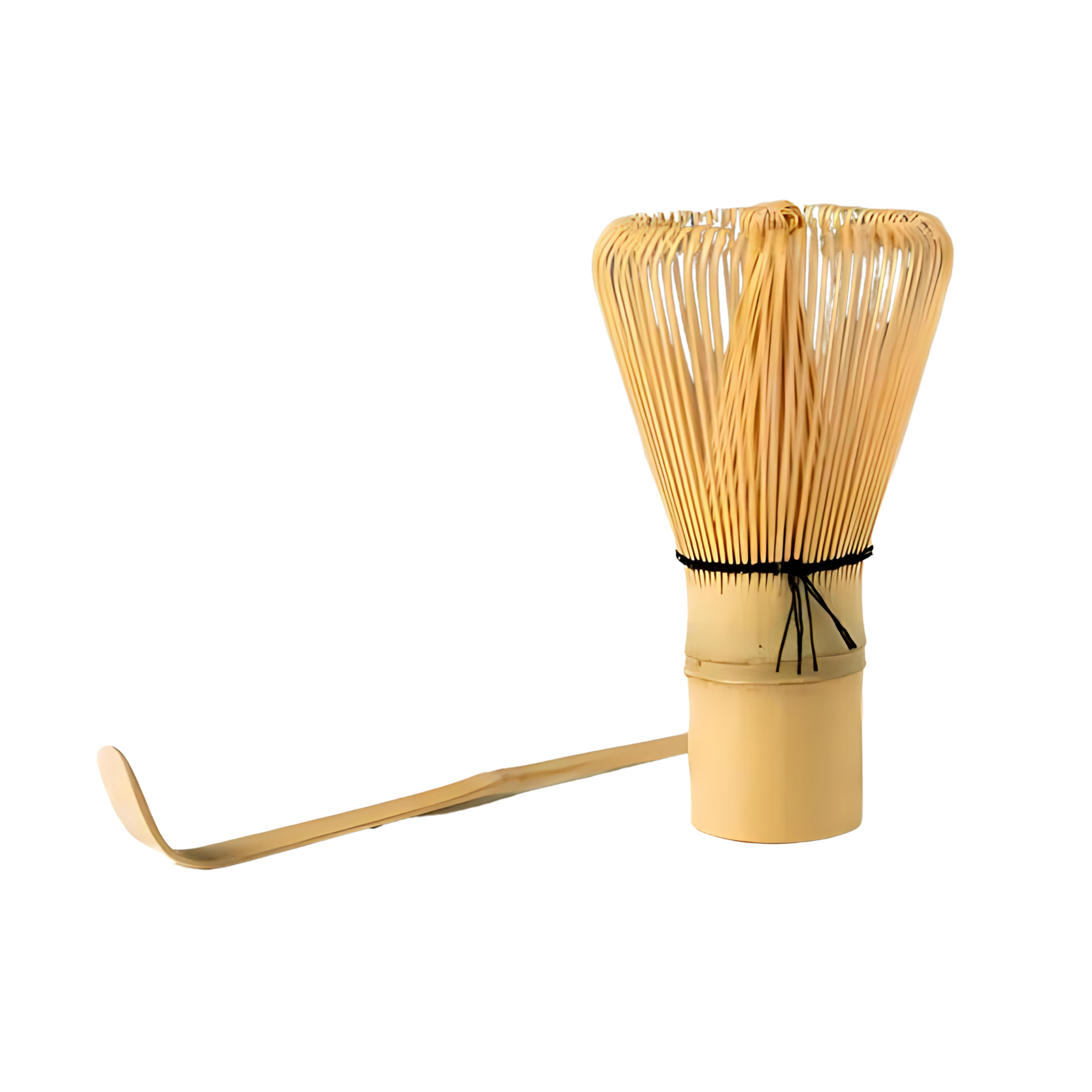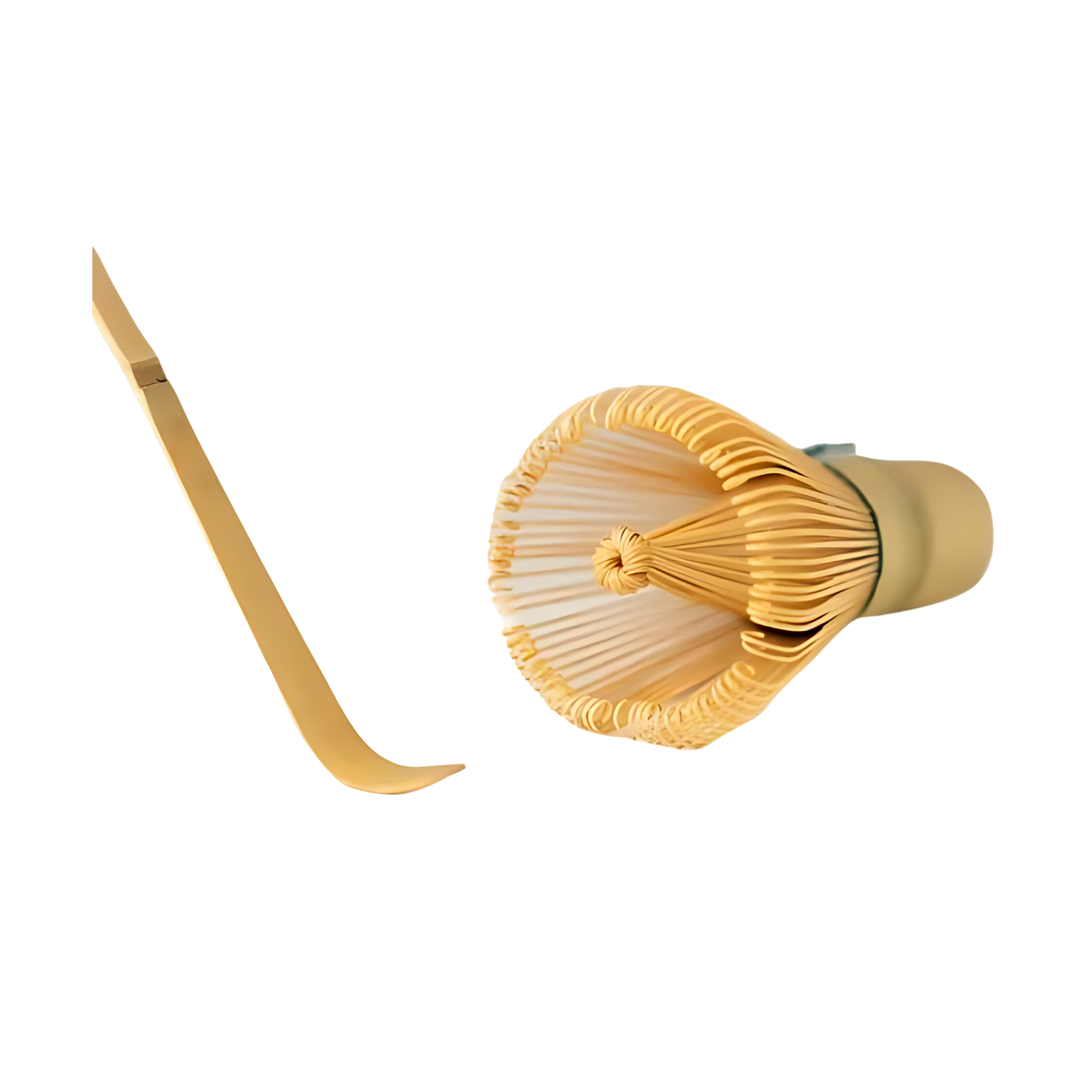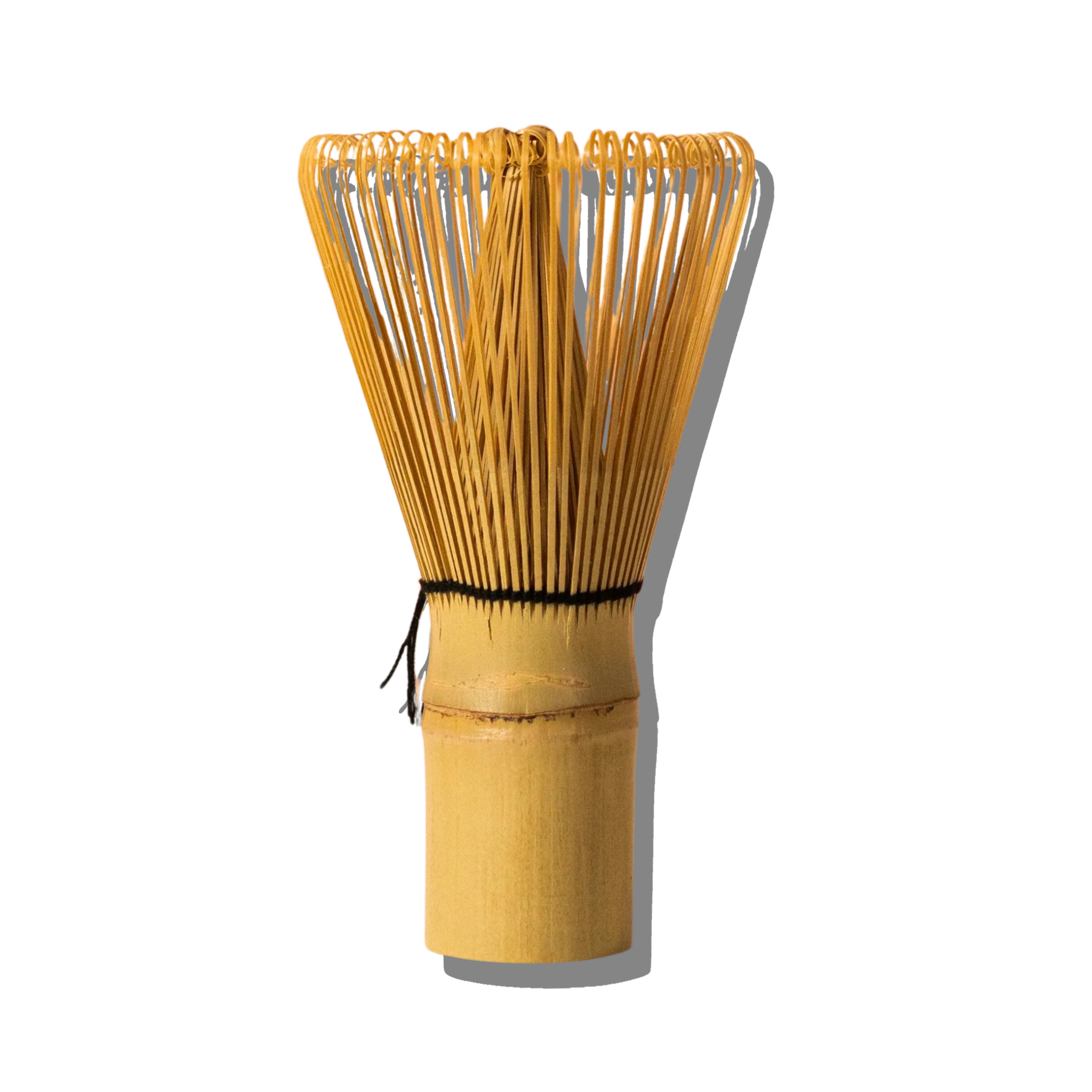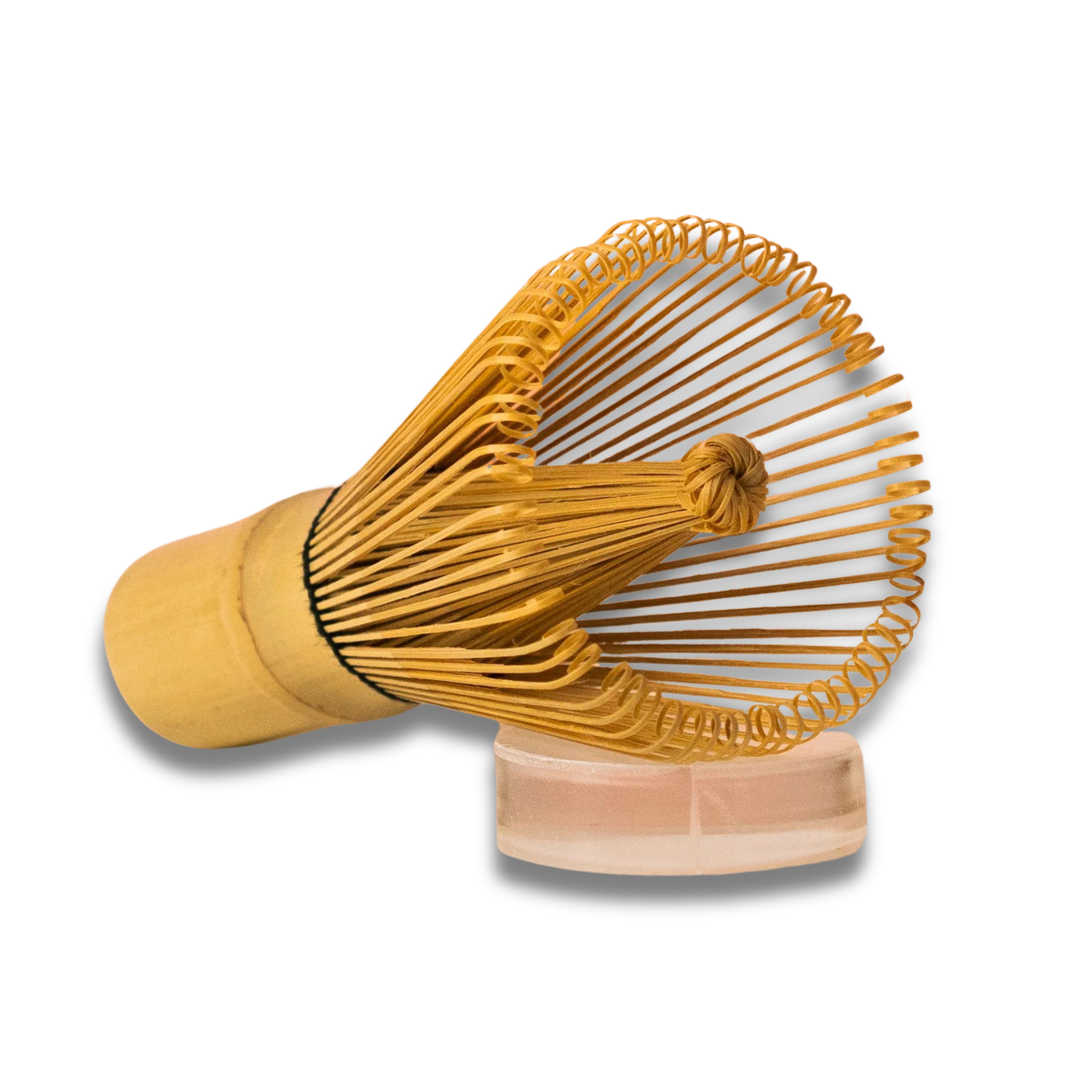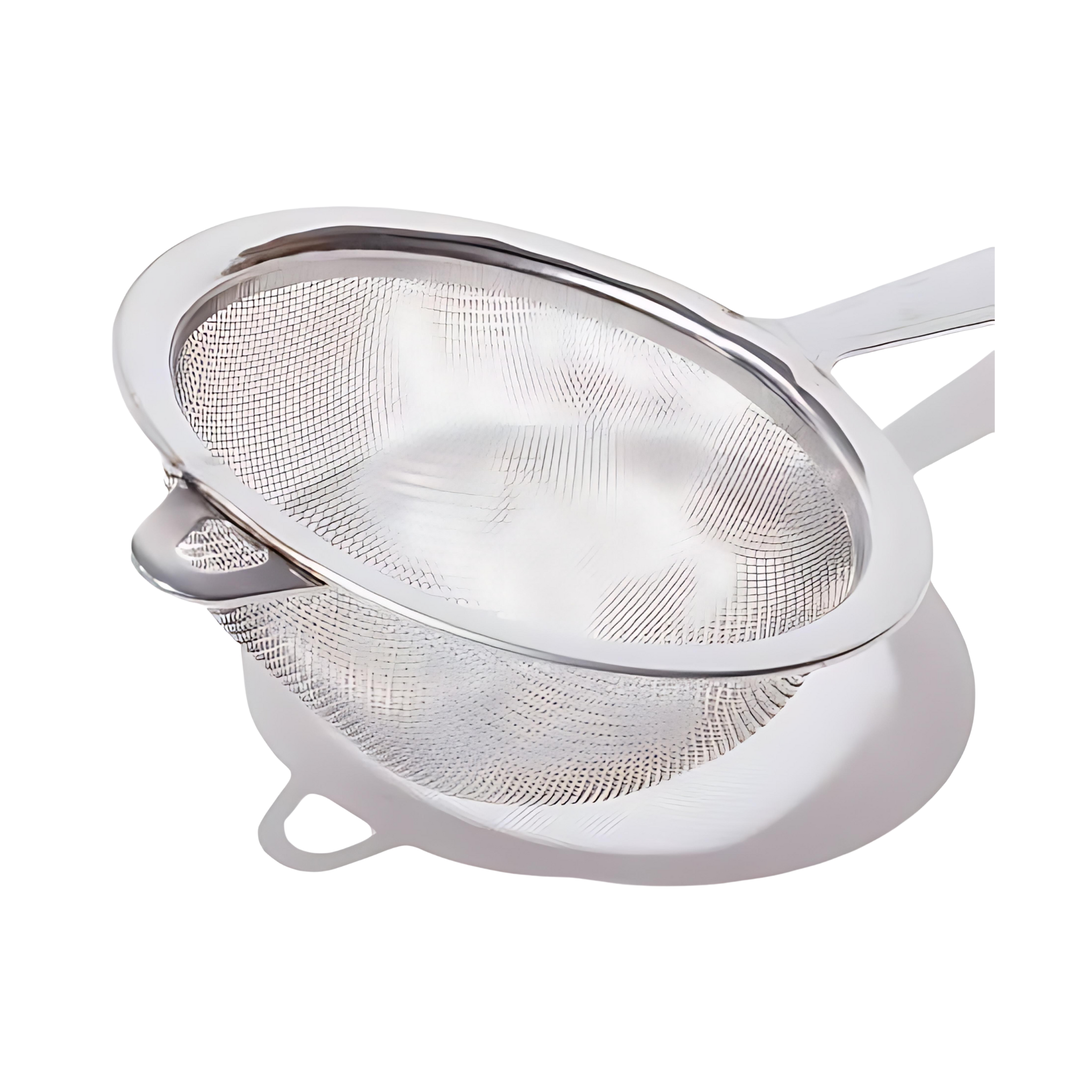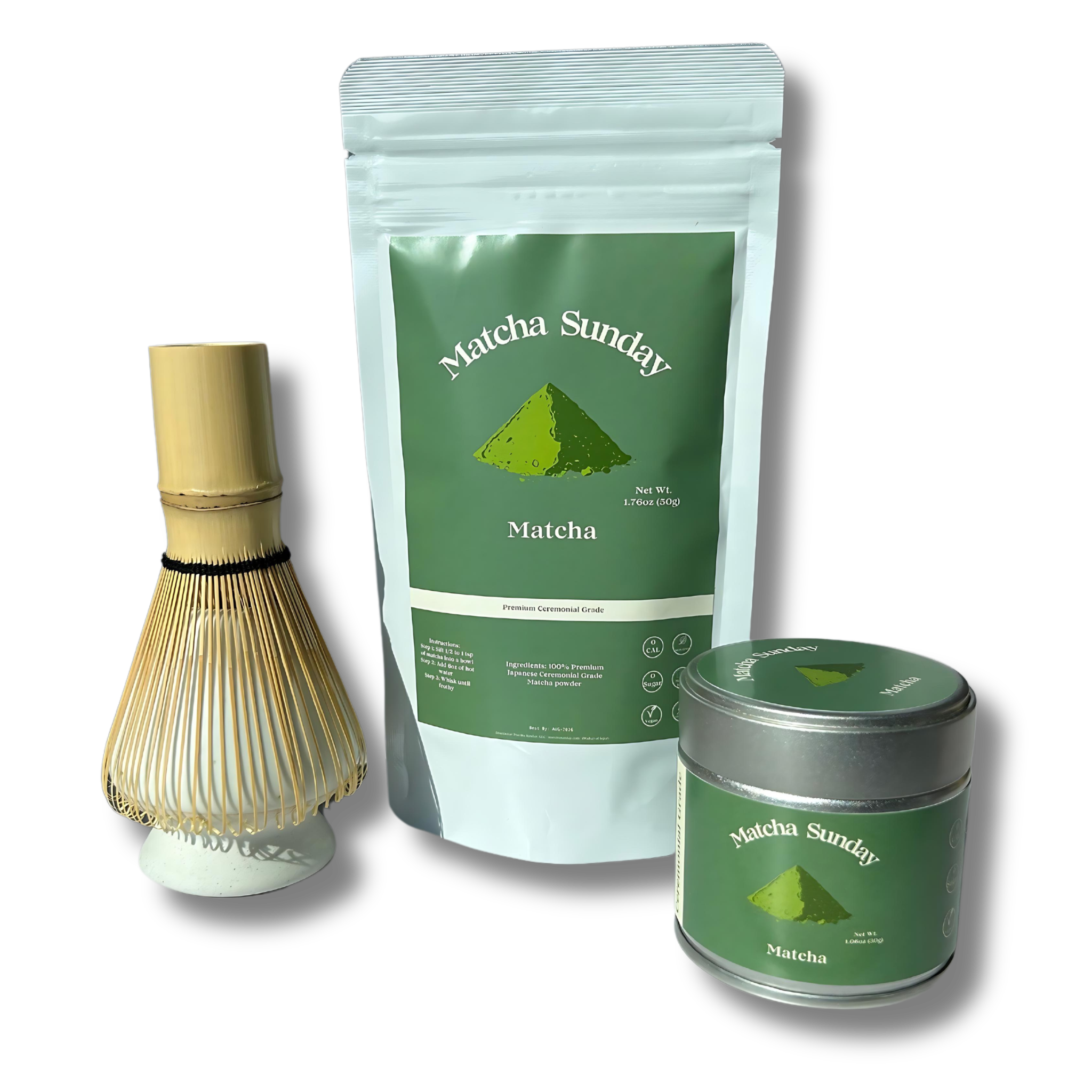Is Matcha Latte Good for You? Unveiling the Health Benefits and Drawbacks
Matcha lattes have been gaining popularity as a healthier alternative to traditional coffee drinks, but are they truly good for you? In this comprehensive guide, we will delve into the various health benefits and potential drawbacks of consuming matcha lattes. By the end, you'll have a thorough understanding of whether this trendy beverage is a suitable addition to your diet.
The Essence of Matcha Latte
A matcha latte is a warm, creamy beverage that combines matcha powder with milk, resulting in a smooth, comforting drink. Often enjoyed as a morning pick-me-up or an afternoon treat, matcha lattes are beloved for their unique flavor and potential health benefits.
Health Benefits of Matcha Latte
1. Rich in Antioxidants
Matcha is renowned for its high antioxidant content. The primary antioxidant in matcha, catechin EGCg (epigallocatechin gallate), is known for its cancer-fighting properties. Antioxidants help combat free radicals in the body, reducing oxidative stress and promoting overall health.
2. Boosts Energy and Endurance
Matcha contains a unique combination of caffeine and L-theanine. While caffeine provides a steady energy boost without the jitters often associated with coffee, L-theanine promotes relaxation and helps improve focus. This combination makes matcha lattes an excellent choice for sustained energy and mental clarity.
3. Supports Weight Loss
Matcha can aid in weight loss by boosting metabolism and increasing fat oxidation. The catechins in matcha enhance thermogenesis, helping the body burn calories more effectively. Coupled with a balanced diet and regular exercise, matcha lattes can be a valuable addition to a weight loss regimen.
4. Improves Heart Health
Regular consumption of matcha has been linked to improved heart health. The antioxidants and polyphenols in matcha help reduce LDL (bad) cholesterol levels and promote cardiovascular health. Drinking matcha lattes in moderation can support a healthy heart.
5. Enhances Mental Alertness
The L-theanine in matcha not only promotes relaxation but also enhances cognitive function. It increases alpha wave activity in the brain, leading to improved concentration, memory, and overall mental performance. Matcha lattes are a great way to stay sharp and focused throughout the day.
6. Detoxifies the Body
Matcha is grown in the shade, which increases its chlorophyll content. Chlorophyll is known for its detoxifying properties, helping to cleanse the body of toxins and heavy metals. Incorporating matcha lattes into your diet can support your body's natural detoxification processes.
Potential Drawbacks of Matcha Latte
1. Caloric Content
While matcha itself is low in calories, the milk and sweeteners often added to matcha lattes can significantly increase their caloric content. For a healthier option, choose unsweetened, organic matcha powder and use low-fat or plant-based milk. Moderation is key to enjoying matcha lattes without overindulging.
2. Caffeine Sensitivity
Matcha contains caffeine, which can cause side effects in individuals sensitive to caffeine. These side effects may include insomnia, nervousness, and increased heart rate. If you're sensitive to caffeine, consider limiting your matcha latte intake or opting for a lower-caffeine alternative.
3. Potential Additives
Commercial matcha lattes, especially those from coffee shops, often contain added sugars and artificial flavors. These additives can negate some of the health benefits of matcha. To ensure you're getting a healthier drink, make your matcha latte at home with high-quality ingredients.
Is Matcha Latte Healthier Than Coffee?
Comparing matcha lattes to coffee depends on various factors, including preparation methods, ingredients, and personal health goals.
- Pros: High in antioxidants, provides steady energy, supports weight loss, enhances mental alertness.
- Cons: Can be high in calories if prepared with sweeteners and full-fat milk, contains caffeine.
Coffee:
- Pros: Rich in antioxidants, provides a quick energy boost, improves mental focus.
- Cons: Can cause jitters and increased heart rate in some individuals, potential for high calorie content with added cream and sugar.
Ultimately, the best choice depends on your personal preferences and health goals. Both beverages can be enjoyed as part of a balanced diet when consumed in moderation.
How to Make a Healthy Matcha Latte at Home
Making a matcha latte at home allows you to control the ingredients and customize it to your taste. Here's a simple recipe for a healthy matcha latte:
Ingredients:
- 1 teaspoon of matcha powder
- 2 ounces of hot water
- 8 ounces of milk (almond, oat, or low-fat cow's milk)
- 1-2 teaspoons of honey or a natural sweetener (optional)
Instructions:
- In a small bowl, whisk together the matcha powder and hot water until smooth and frothy.
- Heat the milk in a saucepan until it starts to steam (do not boil).
- Pour the steamed milk into a large mug.
- Add the matcha mixture to the mug and stir until well combined.
- If desired, add the honey or natural sweetener and stir until dissolved.
- Serve immediately and enjoy your homemade matcha latte!
Choosing the Best Matcha Powder
The quality of matcha powder is crucial for both flavor and health benefits. Here are some tips for selecting the best matcha powder:
- Organic: Choose organic matcha to avoid pesticides and chemicals.
- Ceremonial Grade: This is the highest quality matcha, ideal for drinking.
- Bright Green Color: High-quality matcha has a vibrant green color, indicating freshness and high chlorophyll content.
- Smooth Texture: Good matcha powder should be finely ground and smooth to the touch.
Conclusion
Matcha lattes can be a healthy and delicious addition to your diet when consumed in moderation and prepared with high-quality ingredients. They offer numerous health benefits, including antioxidant support, improved energy and mental focus, and potential weight loss benefits. However, it's essential to be mindful of the potential drawbacks, such as caloric content and caffeine sensitivity.
By making matcha lattes at home and choosing the best matcha powder, you can enjoy this trendy beverage while maximizing its health benefits. Whether you're a matcha enthusiast or new to the world of matcha, incorporating matcha lattes into your daily routine can be a delightful and healthful choice.
Visit our website: Matcha Sunday.

